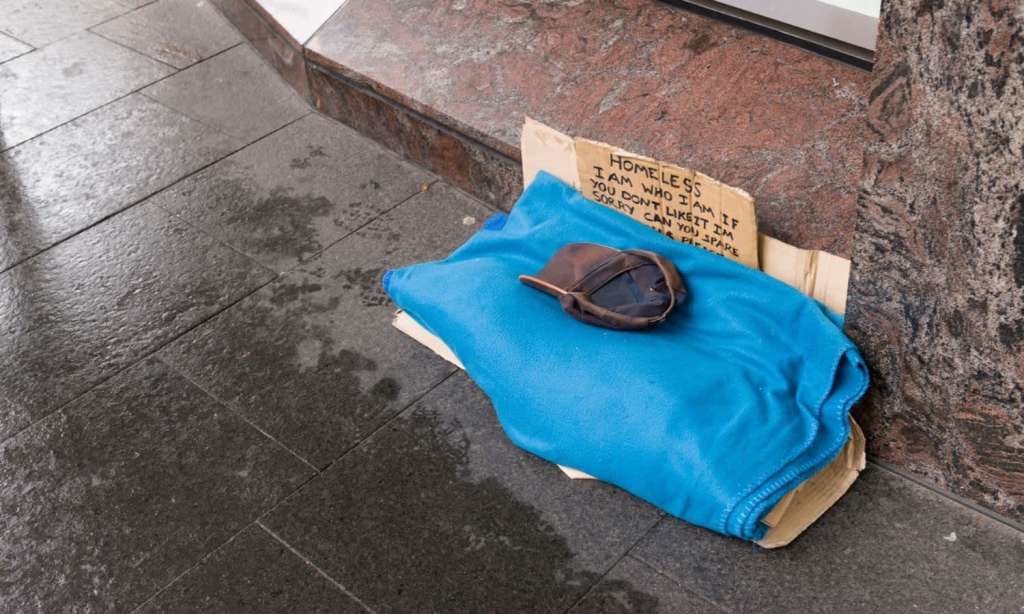A tweet from Australian musician, Ben Lee, recently went viral across not only the original platform it was posted on, but several others. The content? Socialised medicine — Medicare.
A critique on other countries which don’t have universal medicine (we’re looking at you, America), the tweet read: “Hi I’m in Australia and saw a specialist this morning, gave them my Medicare card and by 9pm the rebate showed up in my bank account oooh socialized medicine is terrifying I have no freedom please help me.”
https://twitter.com/benleemusic/status/1391873505885507585
However, what was not taken into account is that healthcare in Australia does not benefit every Australian. The Royal Australian College of General Practitioners reports that not only do people experiencing homelessness tend to have “substantially higher rates of illness than the broader population” but they also often “lack access to effective healthcare services.”
When 50 in every 10,000 Australians experience homelessness, according to 2018 statistics from the Australian Bureau of Statistics, that’s a lot of Aussies who are missing out on necessary healthcare.
As Diane Arnold-Reed, an Associate Professor at the University of Notre Dame, told newsGP, “People who are homeless or marginalised have poor engagement with mainstream healthcare services. They often feel disconnected from society and the broader community.”
Dr Daniel Nour, who runs a not-for-profit organisation — a mobile medical centre, to be precise — called Street Side Medics, outlines several barriers that make it difficult for those without a home to access medical care. These include a lack of awareness of available services; prohibitive costs; lack of transport; the level of documentation required; structured appointment systems; stigma and embarrassment; distrust in a practitioner.
According to the website, Street Side Medics “strives to alleviate the burdens faced by the homeless community of NSW in accessing primary healthcare,” and emphasis is placed on the fact “services will be of no personal charge to any patients regardless of healthcare status.”
Dr Nour was originally inspired during his time in London when he was “confronted” by someone — a person experiencing homelessness — who was “evidently having a seizure”. People who witnessed the event, which included those in a similar situation to the patient, said it was not due to drugs or alcohol, but that the patient had been suffering seizures for many weeks. The reason they hadn’t seen a doctor? The healthcare system.
It’s difficult to register to an NHS medical practice, as they all require proof of address — most often a bank statement, or a utilities bill — something that many people may be lacking. But this barrier is not something that’s unique to the UK.
This confronting event led him to research whether or not it was an issue within Australia — it was, and still is — and he discovered there were “many” complex barriers that limit access to healthcare. “The only foreseeable solution I could see was providing a healthcare option that went to the patient,” Dr Nour told The Latch.
A person experiencing homelessness is “three times more likely to develop a serious illness than someone who has permanent housing,” Street Side Medic director, Richard Bell, informs us. As for some of the most common issues they see, and that they treat? There’s a litany of them, including “severe and persistent mental illness; problematic substance use; cardiovascular disease; respiratory conditions; liver disease; cancers,” explains Dr Nour.
The response to Street Side Medics from those within the community has been “overwhelming.” Not only has it been “quicky obvious” that the service was needed, but the uptake was great. The stories have hit home to the Street Side Medics team — and a clear message that has come through is that “most people ended up in their situations after a series of unfortunate events, or being involved in the wrong scenes,” says Dr Nour.
“It was often one step in the wrong direction, which then initiated the unfortunate but relentless cycle that many of our patients find themselves in.”
The non-for-profit is currently only available in Sydney — and relies 100% on donations and volunteers — but Dr Nour says the hope is for a medical van “in every local health district in NSW.” Following that, Bell says the aim is for the vans to be “all over Australia” — and to “be able to slow down or prevent medical conditions in the less fortunate and homeless communities within Australia.”
Read more stories from The Latch and subscribe to our email newsletter.







